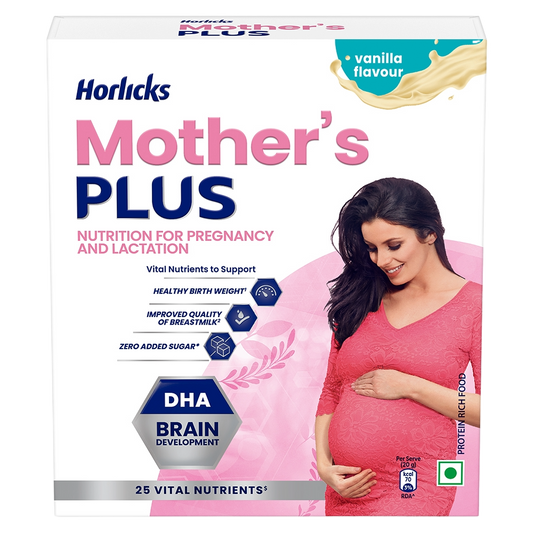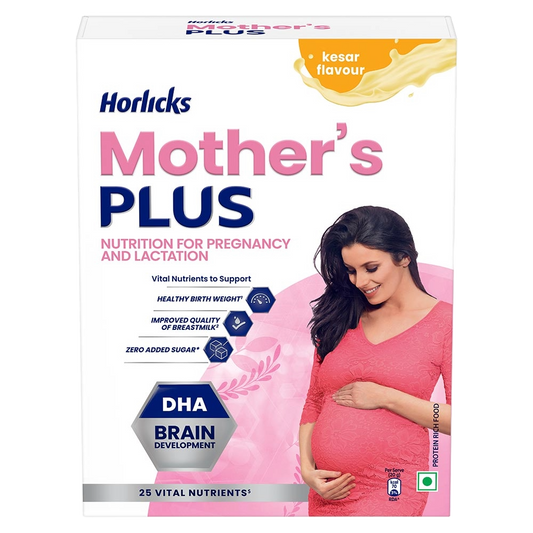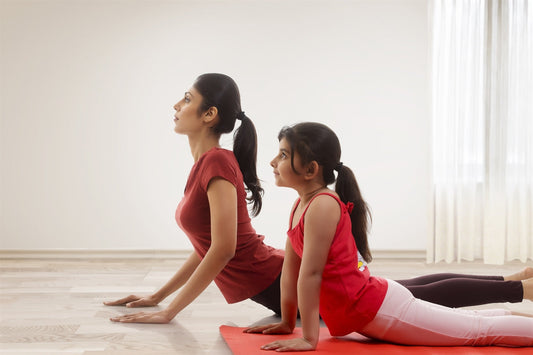During pregnancy, you may come across advice from different kinds of people for a variety of things. They may offer solutions, dos and don'ts, homemade remedies, etc. You may also encounter a lot of information when planning, studying, and browsing through the internet.
With all that information being presented to you, it is important that you run these different suggestions and recommendations by one person: your doctor. To ensure that you are having a healthy pregnancy, it is necessary to follow all of your doctor’s instructions. This becomes particularly important when it comes to vaccines.

Vaccines are essential to make sure that your baby is protected from a variety of diseases and illnesses. A vaccine schedule starts from the moment your baby is born and continues for several years. While they are not exactly a part of prenatal care, your baby will need immunisation throughout his or her early life.
Why Are Vaccines Important For My Baby?
Vaccines can protect your baby from preventable diseases like measles, polio, whooping cough, mumps etc. Parents are encouraged to vaccinate their children as it prevents babies from contracting these illnesses and it can help curb various communicable diseases in the long run.
In India, two slightly different vaccination schedules are followed. The Indian Academy of Paediatrics (IAP) schedule is largely followed in urban India. Rural areas mostly follow the Universal Immunisation Programme (UIP) by the ministry of health and family welfare, which is administered under National Rural Health Mission.
The following is a rough chart of the first year’s course, as suggested by the Indian Academy of Paediatrics.
At Birth
Newborns are vaccinated at birth. They are sent home with BCG, Oral Polio and Hepatitis B 1 vaccines. The BCG vaccine primarily protects against tuberculosis.
At 6 Weeks
- DTwp1
Protects against diphtheria, whooping cough and tetanus.
- IPV1
This is the second polio vaccine, administered through injections, instead of oral drops.
- HIB 1
Protects against the severe bacterial haemophilus influenzae infections. This vaccine helps control meningitis and pneumonia.
- Rotavirus 1
Rotavirus causes severe and deadly diarrhoea in young children. This vaccine wards off that risk.
- PCV 1
This vaccine protects against 13 types of pneumococcal bacteria. These bacteria cause a range of diseases, right from chest infections to septicaemia.
The second Hepatitis B vaccine is also administered now. Most of these vaccines need follow up doses before the child turns one.
At 10 Weeks
It's time for the second round of immunisation. The vaccination card should check off DTwP2, IPV 2, Rotavirus 2, Hib 2, PCV 2.
At 14 Weeks
The baby gets the third round of the same set of vaccines. These include DTwP3, IPV 3, Rotavirus 3, Hib 3, PCV 3.
At 6 Months
The Final dose of the Hepatitis B vaccine is usually administered now. The baby gets an oral polio vaccine, too.
At 9 Months
The big one is the MMR vaccine; which doctors recommend before 270 days are complete. This prevents measles, mumps and rubella. Add to that another round of oral polio.
At 12 Months
Hepatitis A1 marks the baby's first birthday and rounds off immunisation for year 1.
This vaccination schedule for your baby can last almost twelve years. So, keep the immunisation card that your doctor gives you safely. It will provide a history of the different vaccinations your baby has received, if you ever need it later.
While you can refer to the above chart for your baby, it is more important to seriously follow the recommendations of your doctor and your baby’s pediatrician. This is because the pediatrician’s recommendations will be based on factors concerning your baby, such as family history, pets at home, travelling abroad etc. 
While you can refer to the above chart for your baby, it is more important to seriously follow the recommendations of your doctor and your baby’s pediatrician. This is because the pediatrician’s recommendations will be based on factors concerning your baby, such as family history, pets at home, travelling abroad etc.
Confiding in your pediatrician about all these details can help your baby get all the necessary protection he/she needs. It is also essential to take time and educate yourself about different vaccines, and carefully follow the immunisation schedule, so that your baby enjoys a long and healthy life.
The author is Dr. Sridhar Radhakishnan, a Bachelor of Medicine & Bachelor of Surgery. The views, opinions and recommendations expressed in this article are solely those of the author and intended as an educational aid. Please consult your doctor for professional advice concerning specific health/medical matters









